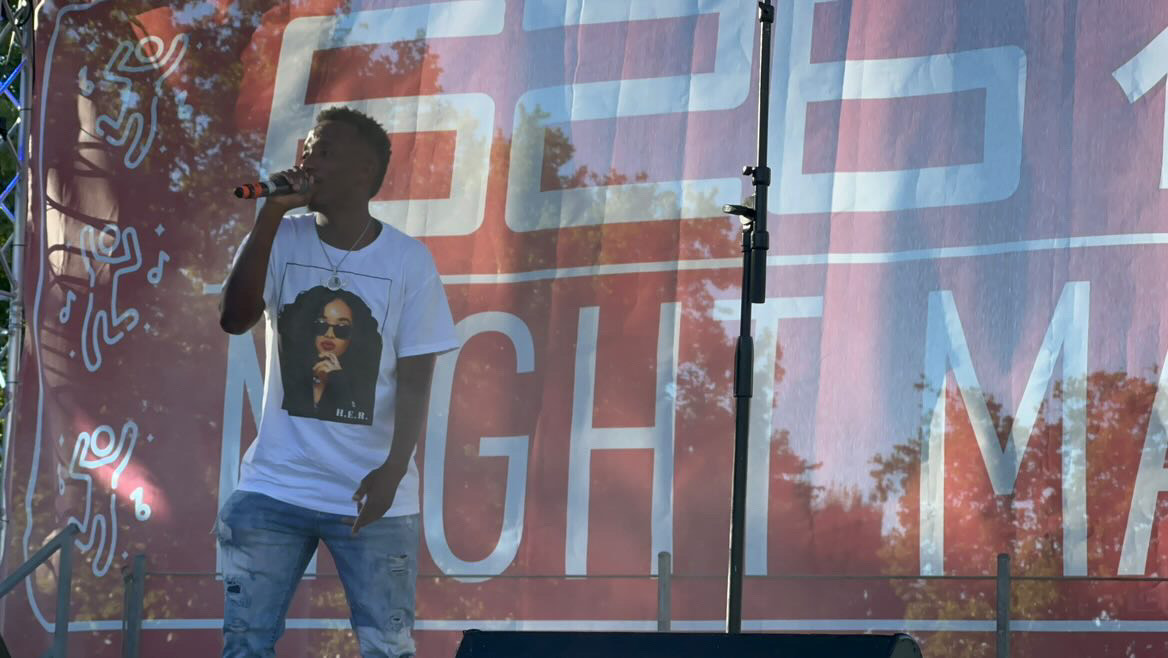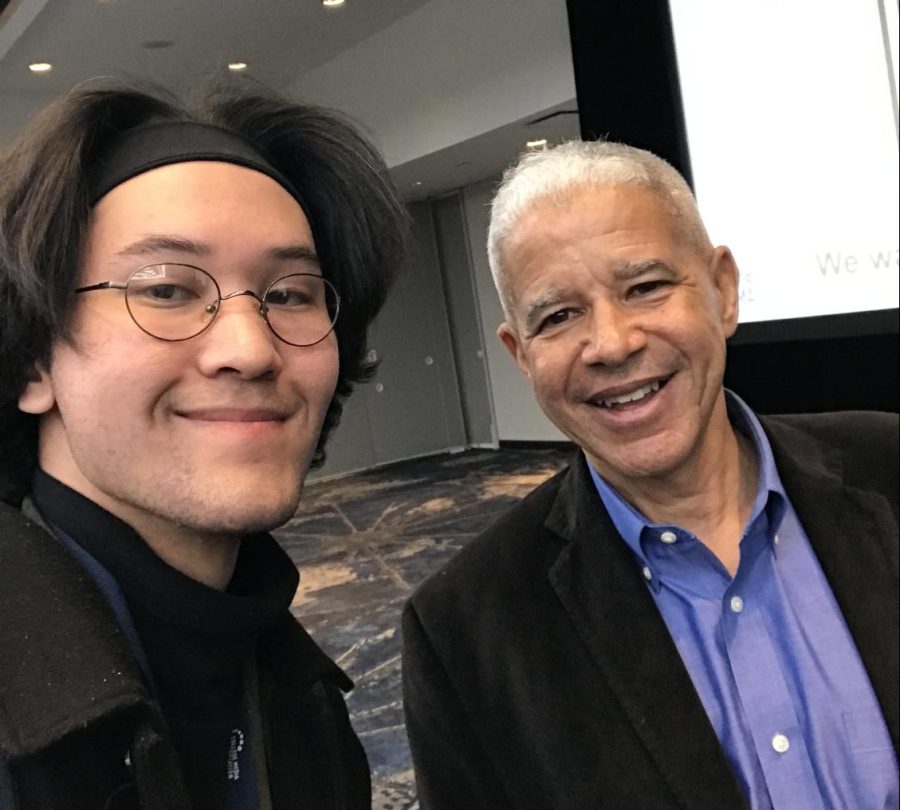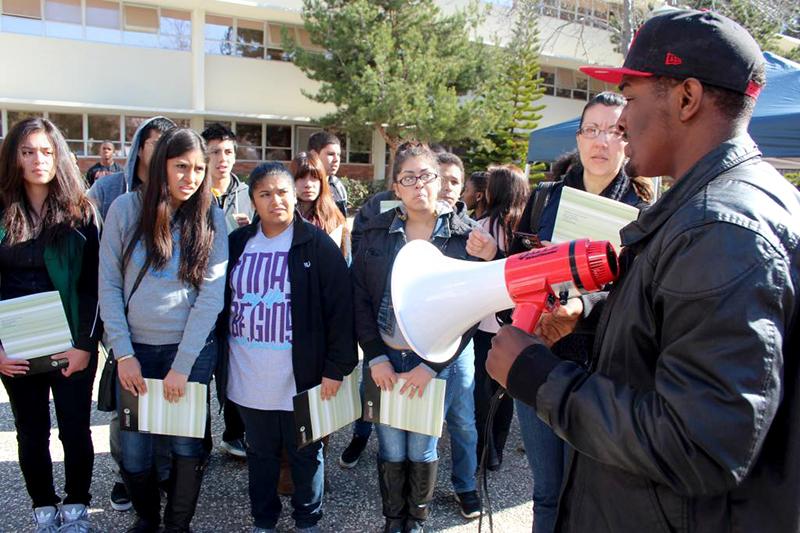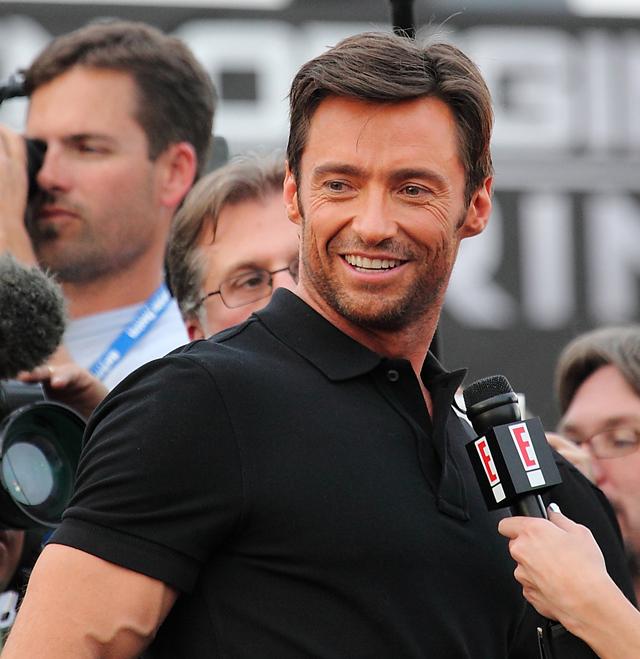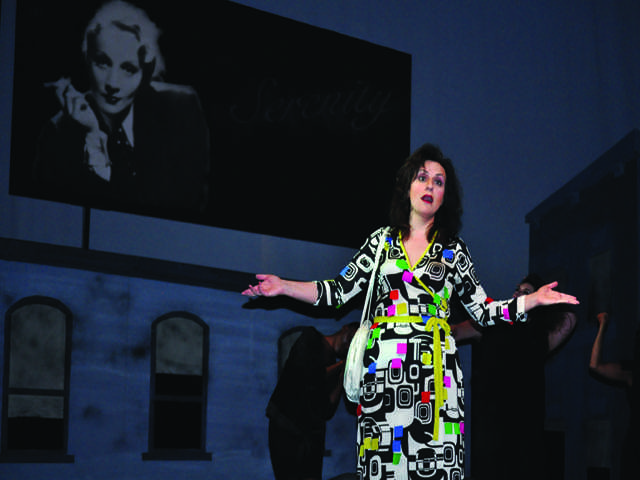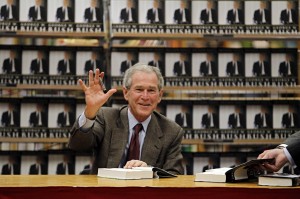 George W. Bush’s memoir, “Decision Points,” is probably the most casual recollection of an eight-year presidency written, especially one that saw America undergo such momentous, era-defining events as the attacks of September 11, the War on Terror and the 2008 global financial crisis.
George W. Bush’s memoir, “Decision Points,” is probably the most casual recollection of an eight-year presidency written, especially one that saw America undergo such momentous, era-defining events as the attacks of September 11, the War on Terror and the 2008 global financial crisis.
In its 512 pages, Bush eschews the idea of a traditional memoir, and instead focuses on a number of key decisions he faced during his life and career, explaining why he made them. Each chapter is devoted to this theme, starting with Bush’s decision to quit drinking and reaffirm his faith in God, to his decision to run for president, and of course, his reactions to September 11, Afghanistan, Iraq and Hurricane Katrina, among others.
The first two chapters feature Bush’s early life in Texas and through college, as well as his eventual marriage, ownership of the Texas Rangers baseball team and eventual governorship of the Lone Star State. The shortest section of the book, Bush makes clear his adoration of his parents, and unsurprisingly, the hero-worship for his father, George H.W. Bush, referred to as “Dad” throughout.
The elder Bush serves as his son’s mentor and role model, and the numerous correspondences between father and son are heartfelt insights into a man more given to self-reflection and analysis than the American public ever gave him credit for.
Consider the run-up to the Iraq War. In the chapter, Bush is reluctant to give the order to send troops to invade the country, consulting with intelligence experts, foreign leaders and cabinet members. Saddam Hussein’s constant defiance and the insistence of U.S. and foreign intelligence services that Saddam’s regime possesses WMD eventually forces his hand.
After giving the order to invade Iraq, Bush writes his father and expresses his sorrow at the loss of life that will result, and asks for guidance from the man who not only raised him, and also gave that same order 12 years earlier. It’s a remarkable snapshot of a president who struggled mightily with finding the proper course of action, at least if one is to accept his account of taking all appropriate steps to offer Saddam a peaceful resolution.
The former president generally accepts and acknowledges various mistakes he made during his time as chief executive, and offers some context for them.
An example can be found when Bush recalls his reaction to the devastation caused by Hurricane Katrina to the city of New Orleans. Bush, having been told that his arrival would require “dozens of law enforcement officials to provide security,” as well as a number of emergency responders and other resources, elects to fly over the disaster zone on Air Force at the behest of the Louisiana and Mississippi governors.
“What I saw took my breath away,” Bush remembered. His flight path allows him to witness the vast destruction wrought by Katrina, and the former president could think of nothing but “what the people on the ground were enduring.”
At some point, Bush recollects, his press team allowed photographers into the cabin, and the infamous photos of Bush staring out the window would lead to a PR nightmare.
“…[W]hen the pictures were released, I realized I had made a serious mistake,” said Bush. “The photo of me hovering over the damage suggested I was detached from the suffering on the ground.
“That wasn’t how I felt. But once the public impression was formed, I couldn’t change it,” Bush said, adding that his father’s own “perception problem” during Hurricane Andrew served as a warning to him prior to his handling of Katrina, but apparently to no avail. Bush reflects that while his landing in Baton Rouge would not have saved lives and diverted desperately needed emergency services, it would have been “good public relations.”
The book, written in the familiar terse, regular-Joe manner that so many of us associate with the former president, meanders through various parts of his life and career. The disjointed narrative often finds itself repeating similar anecdotes or retreading over the same years or time periods, and can be confusing–his reflections on the September 11, 2001 attacks, Iraq and Hurricane Katrina are his strongest and more self-analytical and reflective.
While the former president was known for not addressing critics during his time in office, his general reaction to them in his memoir ranges from mildly argumentative to wounded, rebuke. He takes particular umbrage to the accusations that the federal government’s slow response to Hurricane Katrina was based on racism, deeming it “the worst moment of my presidency.” Surely others might offer worse moments, but it is clear that the remarks implying racism on the part of the former President cut deep.
George W. Bush takes care to remind the gentle reader of his belief that history will decide the verdict on his presidency, and in “Decision Points,” the American public is offered a window into the mind of a deeply polarizing president. It’s a rambling, sometimes hokey near-500 page work that’s part spin, part confessional, and part punchline factory, and that’s what makes it worth reading.








